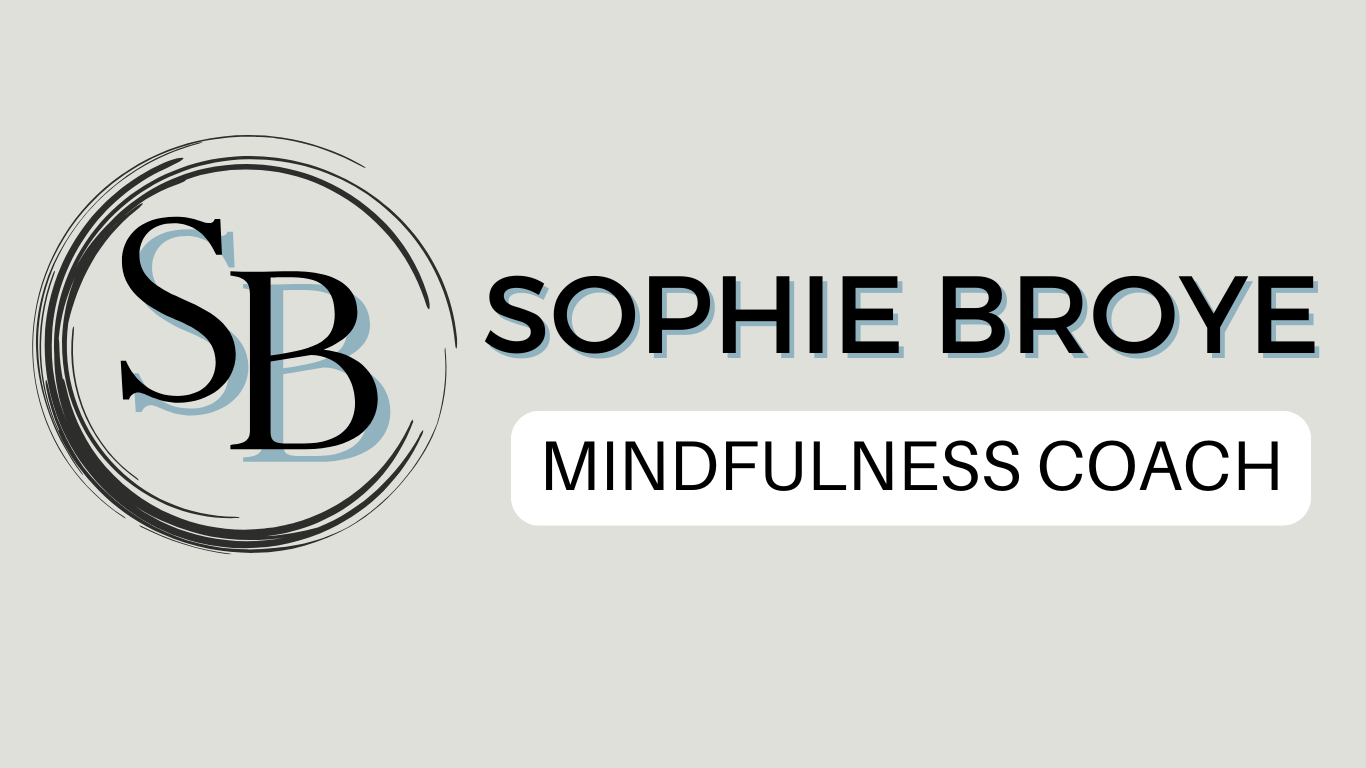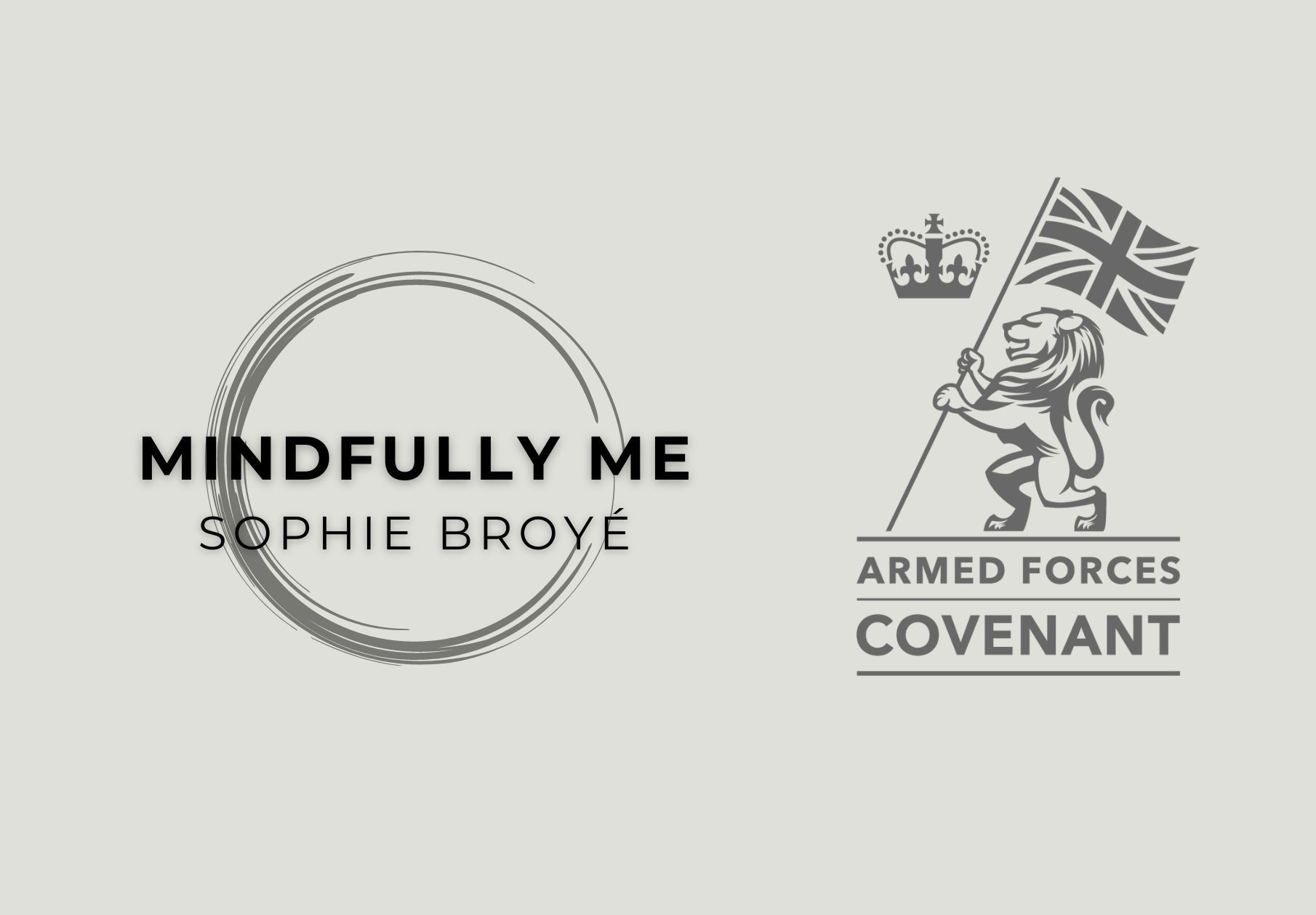The Most Common Misconceptions of Mindfulness

Over the last few years, we have seen an exponential growth of information about it: new apps, websites, podcasts, blogs etc… However, some of this information has also led to misconceptions about Mindfulness and what it means to practise it. They can often deter some people from joining a Mindfulness course, or can act as obstacles to their practice, sometimes even causing them to stop practising altogether.
Here are some of the most common misconceptions about Mindfulness...
1. Mindfulness is about emptying the mind or trying not to think
NOT AT ALL! Mindfulness is not about getting rid of thoughts but rather it is a way of interrogating, investigating our own thinking processes and actually becoming free of the ones that are blinding, imprisoning, limiting etc….
2. Mindfulness is to help you to relax
This is another common misconception: when we practise mindfulness, we should become relaxed. While a sense of feeling relaxed may occur during some mindfulness practices, it isn’t the intended purpose as mindfulness is about being fully aware of our experiences and the whole range of human emotions that come with it. By observing our experiences and allowing them to be just as they are, we can cultivate a sense of contentment, equanimity and gain freedom from habitual thought patterns.
Of course, there are great benefits that arise from mindfulness practice, such as feeling more relaxed, but it works precisely because we don’t try to attain benefit. Instead, we befriend ourselves as we are. We learn how to drop in on ourselves, visit, and 'hang out' in our awareness.
3. Mindfulness can only be cultivated through meditation
Another common misconception of mindfulness is that it is about meditation and nothing else. Of course, practising mindfulness in a ‘formal way’ (called ‘formal practices’ when you do a mindfulness course) is important, but we can also practise it informally, by simply bringing mindfulness into our daily activities - to name but a few: walking, eating, hearing, etc… In essence, when we cultivate an attitude of being fully present with whatever we are doing, we are practising mindfulness!
4. Mindfulness Is a quick fix
When you take on a new membership to the gym or a new fitness class, you don’t expect immediate results… Same principle goes with mindfulness: it takes time, commitment and regular practice. Mindfulness is a long-term approach to help us to cope with worry, stress, and anxiety and stressors, and they will always be there, one way or another, big or small.
5. Mindfulness is a religion
Mindfulness is NOT a religion and can be practised almost anywhere by almost anyone. Of course meditation and mindfulness have been practised for thousands of years as part of some religions, such as Buddhism and Hinduism and reversely many religions include aspects of mindfulness, such as patience, non-judging, compassion, and generosity. These are attitudinal qualities, as opposed to being religious.
To conclude, the secular mindfulness-based programmes which we teach at MindfullyMe, are rooted in scientific evidence and support mental health and well-being. They are designed to support people to take a wider perspective from which they can respond with greater wisdom, compassion and discernment.
By regularly practising mindfulness, we learn to cool the fires of reactivity and build resilience!
Find out more about our mindfulness courses.
Mindfulness is not what you think it is!
The body content of your post goes here. To edit this text, click on it and delete this default text and start typing your own or paste your own from a different source.




